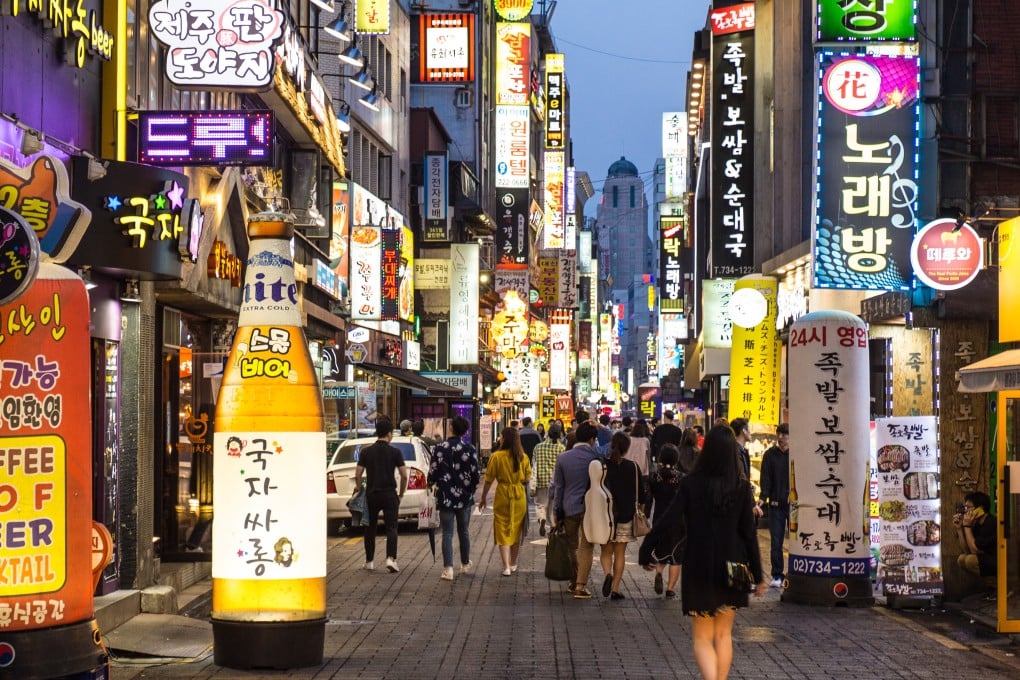My Take | Is South Korea a burnout society?
If normal is stressful in the world’s most high-pressured country, maybe Koreans need to blow off steam, now and then, by going against their government and politicians

Many Hongkongers became fascinated by South Korea because of K-pop. The ongoing political crisis in Seoul is having a similar effect on me. So, to seek enlightenment, I thought I might turn to two prominent Korean thinkers – the economist Chang Ha-Joon and the philosopher Han Byung-Chul.
Well, actually it’s kind of random. They happen to be frequently quoted in Western media so I ended up reading some of their books. If more knowledgeable readers have an insider’s take on other worthy writers, please alert me.
Who are the bad Samaritans?
Goldman Sachs was once described as “a great vampire squid” because its tentacles extended around the global economy. Samsung might be that kind of squid when it comes to the Korean economy. Its dominance is not just in the usual well-known sectors of electronics, home appliances, and telecoms but also insurance, entertainment, marketing, education, elderly home care and a theme park. Samsung as a whole accounts for about 20 per cent of South Korean gross domestic product!
It’s the same, if on a smaller scale, with the other family-dominated corporations, or chaebol, such as LG, SK, Hyundai and Lotte.
The chaebol were behind the Korean economic miracle in the last century. They are now a stranglehold on the economy, resulting in anaemic growth over the past two decades. Government-business collusion, outdated regulations, sheer market dominance prevent the emergence of new competitors, and stifle innovation and entrepreneurship.

